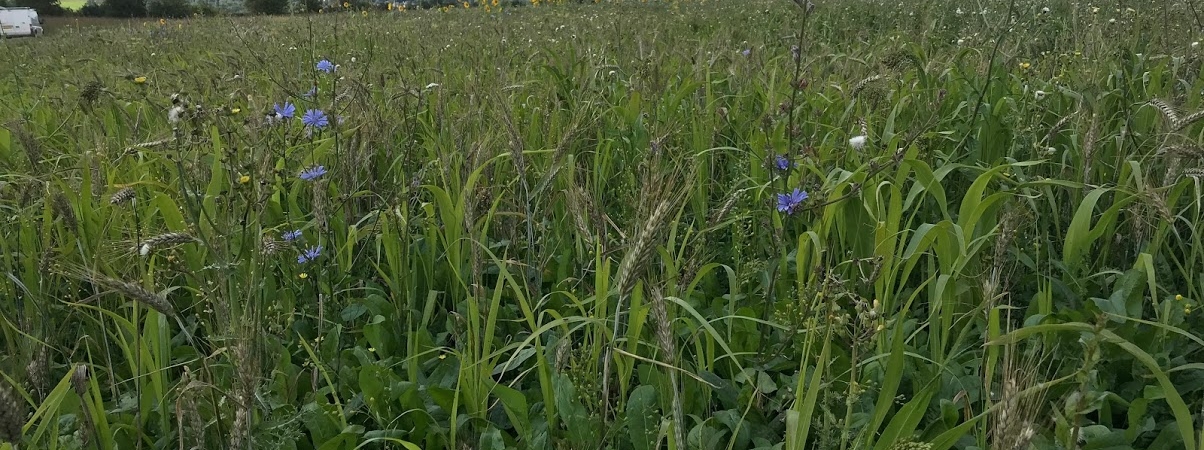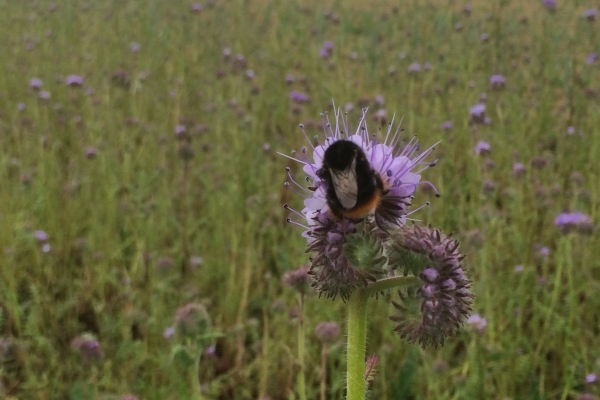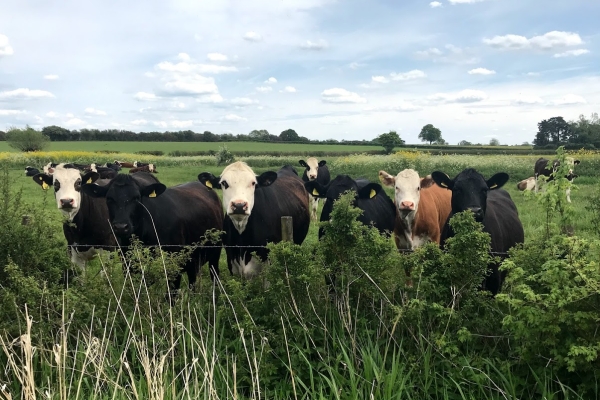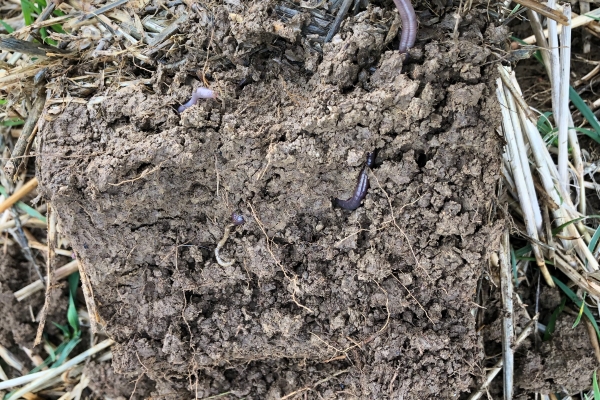Net Zero Carbon in the UK Farming Sector: A Practical Guide
Resource explained
This short guide from the Nature Friendly Farming Network (NFFN) outlines a number of practical measures that will help meet the UK’s commitment of net zero carbon emissions for 2050. The UK farming and land use sector can make a significant contribution, both in reducing emissions and in sequestering more carbon. However, there are no easy fixes and it will require change. The NFFN believe that it is possible to plot a course to net zero carbon that also delivers thriving wildlife, a vibrant farming sector and good quality food. This guide outlines the support needed from policymakers. It also lists practical actions that farmers, the general public and private companies can make in order to achieve this goal in a wildlife-friendly and sustainable fashion. Not all the suggestions listed will be able to be adopted immediately and funding and advice will be needed to support a careful transition.
Findings & recommendations
The UK Government have legislated to achieve net zero carbon for 2050. This means an overall balance between emissions produced and emissions taken out of the atmosphere.
Farming and the land use sector will play a key role in this transition. Whilst some of the measures are simple, many are longer-term and require additional funding and advice.
- Targeted projects could include conserving and enhancing natural habitats including peatland, woodland, grassland, heathland and coastal habitats.
- Policymakers could provide appropriate wild-life friendly regulation, sufficient funding and incentives, training, advice and support.
- Individual farmers could take a range of actions including
- Perform a carbon audit on your farm.
- Improve soil management practices.
- Protect, enhance and create wildlife habitats e.g. meadows, trees, hedgerows, ponds, ditches.
- Introduce agroforestry.
- Considering going organic, use appropriate stocking densities of native breeds, improved crop varieties and cover crops, reduce tillage, avoid artificial fertilisers and reliance on feed concentrates.
- The general public could lobby their MP and food companies, reduce food waste, and choose a sustainable and healthy diet.
- Private companies could invest in nature and climate-friendly farming, choose products with a lower carbon foot-print, reduce the length of the supply chain, and improve food labelling e.g. carbon footprint labelling.
Also see ‘Farming for our future: The nature friendly climate solution we urgently need‘ and ‘NFFN Position on Net Zero Farming‘







